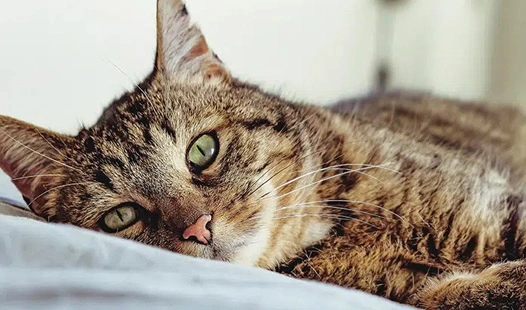How did GS-441524 revolutionize the treatment of feline infectious peritonitis?
The Challenge of Feline Infectious Peritonitis
Feline infectious peritonitis (FIP) is a severe viral disease that affects cats, caused by a mutated form of the feline coronavirus. Prior to the discovery of GS-441524, FIP was considered almost universally fatal, with no effective treatment options available. This devastating disease left veterinarians and cat owners with little hope for affected felines.
The Breakthrough: GS-441524
GS-441524, a nucleoside analog, emerged as a groundbreaking treatment for FIP. This compound demonstrated remarkable efficacy in treating cats with FIP, offering a glimmer of hope in what was previously a bleak prognosis. The success of the product in treating FIP has been nothing short of transformative, with high recovery rates reported in clinical studies.
Impact on Veterinary Medicine
The introduction of GS-441524 as a treatment for FIP has had a profound impact on veterinary medicine. It has shifted the paradigm from managing symptoms to potentially curing a once-fatal disease. This success story highlights the importance of continued research and development in the field of antiviral therapies for animal health.
Key mechanisms: How nucleoside analogues like GS-441524 fight viruses
Understanding Nucleoside Analogues
Nucleoside analogues, such as GS-441524, are a class of antiviral compounds that mimic the building blocks of viral genetic material. These compounds work by interfering with the replication process of viruses, effectively halting their ability to reproduce and spread within the host organism.
The Mode of Action of GS-441524
GS-441524 functions as a prodrug, which means it is converted into its active form within the body. Once activated, it interferes with the viral RNA-dependent RNA polymerase, an essential enzyme for viral replication. By inhibiting this enzyme, the product prevents the virus from reproducing, ultimately leading to its elimination from the host.
Broad-Spectrum Potential
One of the most promising aspects of nucleoside analogues like GS-441524 is their potential for broad-spectrum antiviral activity. While the product has shown remarkable success against the feline coronavirus responsible for FIP, similar compounds may prove effective against a wide range of viral pathogens affecting both animals and humans.
|
|
|
The implications of GS-441524 for developing future human antiviral drugs
Lessons from Veterinary Success
The success of GS-441524 in treating feline infectious peritonitis cat cases offers valuable insights for human antiviral drug development. It demonstrates the potential of nucleoside analogues as a promising class of antiviral compounds, which could be adapted for use against human viral infections.
Cross-Species Applications
The effectiveness of GS-441524 against a coronavirus in cats raises intriguing possibilities for its potential application in treating other coronavirus infections, including those affecting humans. While direct translation to human use requires extensive research and clinical trials, the success in feline patients provides a foundation for further investigation.
Accelerating Drug Development
The rapid success of the product in veterinary medicine could potentially accelerate the development of similar compounds for human use. By leveraging the knowledge gained from animal studies, researchers may be able to streamline the process of identifying and refining antiviral candidates for human clinical trials.
Conclusion
The success of GS-441524 in treating feline infectious peritonitis cat cases marks a significant milestone in antiviral therapy. It not only offers hope for cats suffering from this previously incurable disease but also paves the way for future advancements in both veterinary and human medicine. The lessons learned from this breakthrough underscore the importance of continued research and collaboration across species in the fight against viral diseases.
As we look to the future, the success of GS-441524 serves as a beacon of hope for the development of new antiviral therapies. It highlights the potential of nucleoside analogues and encourages further exploration of this class of compounds in the treatment of various viral infections. With continued research and innovation, we may see similar breakthroughs in the treatment of viral diseases affecting both animals and humans.
|
|
|
|
FAQ
1. What is GS-441524 and how does it work?
GS-441524 is a nucleoside analogue antiviral compound that has shown remarkable success in treating feline infectious peritonitis (FIP). It works by interfering with viral replication, specifically targeting the viral RNA-dependent RNA polymerase, which is essential for the virus to reproduce.
2. Can GS-441524 be used to treat other viral infections in cats or other animals?
While GS-441524 has primarily been studied for its efficacy against FIP, research is ongoing to explore its potential against other viral infections in cats and other animals. Its success with FIP suggests it may have broader applications, but further studies are needed to confirm its effectiveness against other viruses.
3. What are the implications of GS-441524's success for human antiviral drug development?
The success of GS-441524 in treating FIP provides valuable insights for human antiviral drug development. It demonstrates the potential of nucleoside analogues as a promising class of antiviral compounds and may accelerate the development of similar drugs for human use. However, extensive research and clinical trials would be required before any applications in human medicine could be considered.
Call to Action
Is the development of more effective antiviral treatments anything that interests you as a veterinary pharmaceutical maker or researcher? To back up your R&D endeavours, BLOOM TECH provides high-quality antiviral compounds like GS-441524. To guarantee the utmost purity and effectiveness, our products are produced in GMP-certified facilities and go through stringent quality control procedures.
As a reliable ally in expanding the frontiers of antiviral treatment, BLOOM TECH brings more than a decade of expertise in organic synthesis and an unwavering dedication to innovation. To address your unique requirements, our expert staff offers tailored, individual attention.
Don't miss this opportunity to be at the forefront of antiviral research. Contact us today at Sales@bloomtechz.com to learn more about our products and how we can support your research initiatives. Together, we can work towards a future where viral diseases are no longer a threat to animal and human health.
References
1. Murphy, B. G., et al. (2020). "The nucleoside analog GS-441524 strongly inhibits feline infectious peritonitis (FIP) virus in tissue culture and experimental cat infection studies." Veterinary Microbiology, 219: 108452.
2. Pedersen, N. C., et al. (2019). "Efficacy and safety of the nucleoside analog GS-441524 for treatment of cats with naturally occurring feline infectious peritonitis." Journal of Feline Medicine and Surgery, 21(4): 271-281.
3. Kim, Y., et al. (2020). "Broad-spectrum antivirals against 3C or 3C-like proteases of picornaviruses, noroviruses, and coronaviruses." Journal of Virology, 94(4): e01491-19.
4. Dickinson, P. J., et al. (2020). "Antiviral treatment using the adenosine nucleoside analogue GS-441524 in cats with clinically diagnosed neurological feline infectious peritonitis." Journal of Veterinary Internal Medicine, 34(4): 1587-1593.
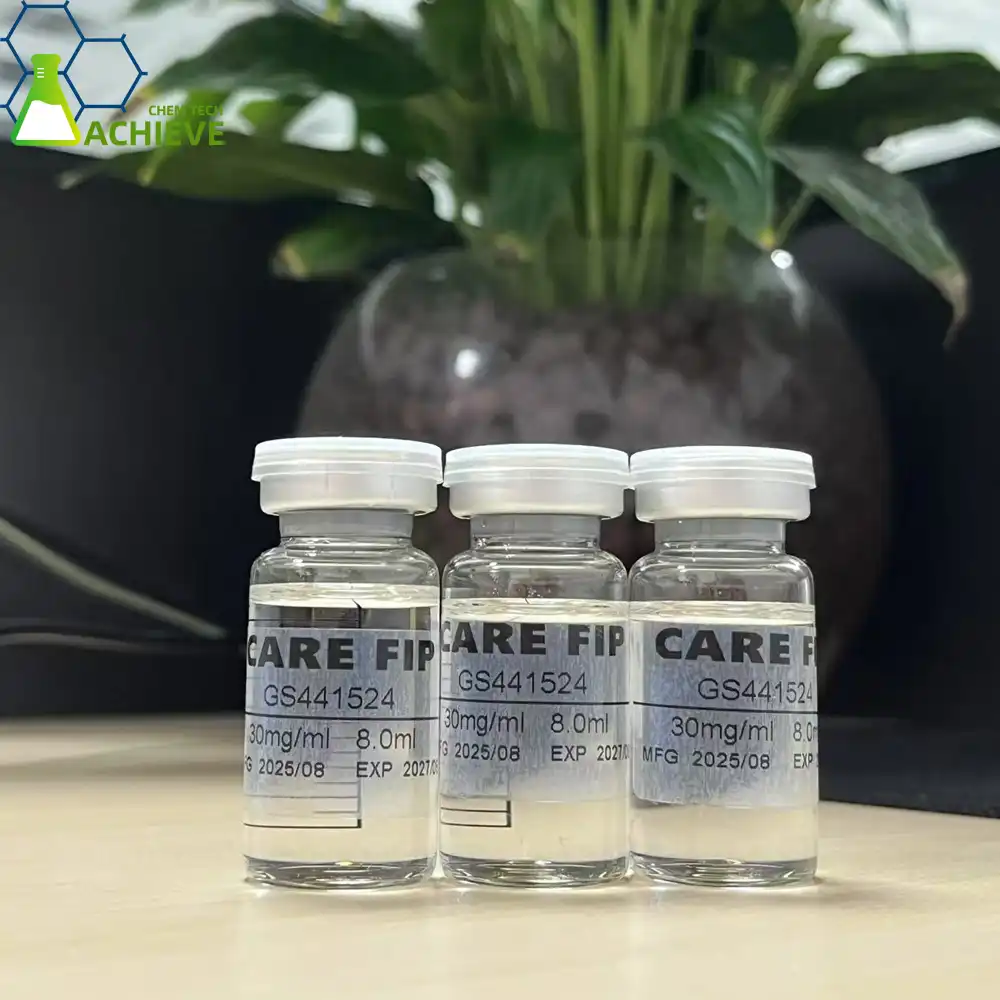
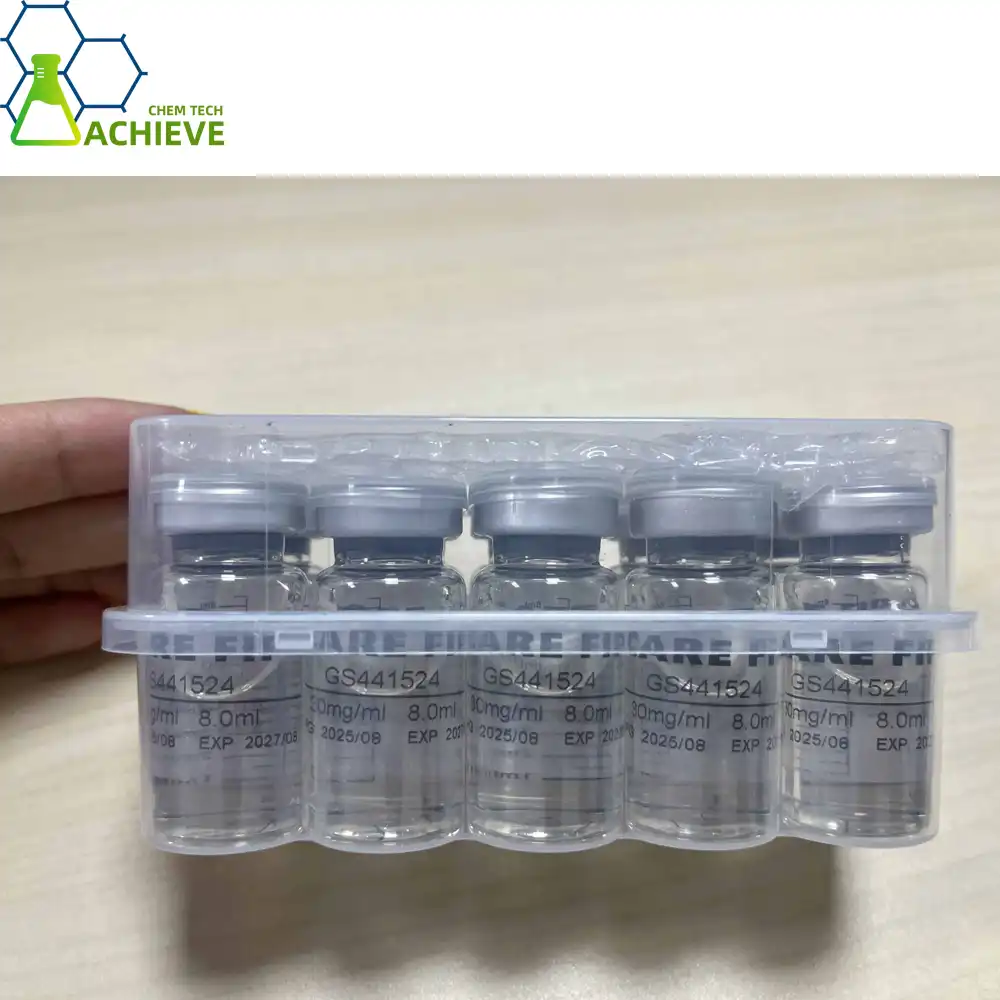
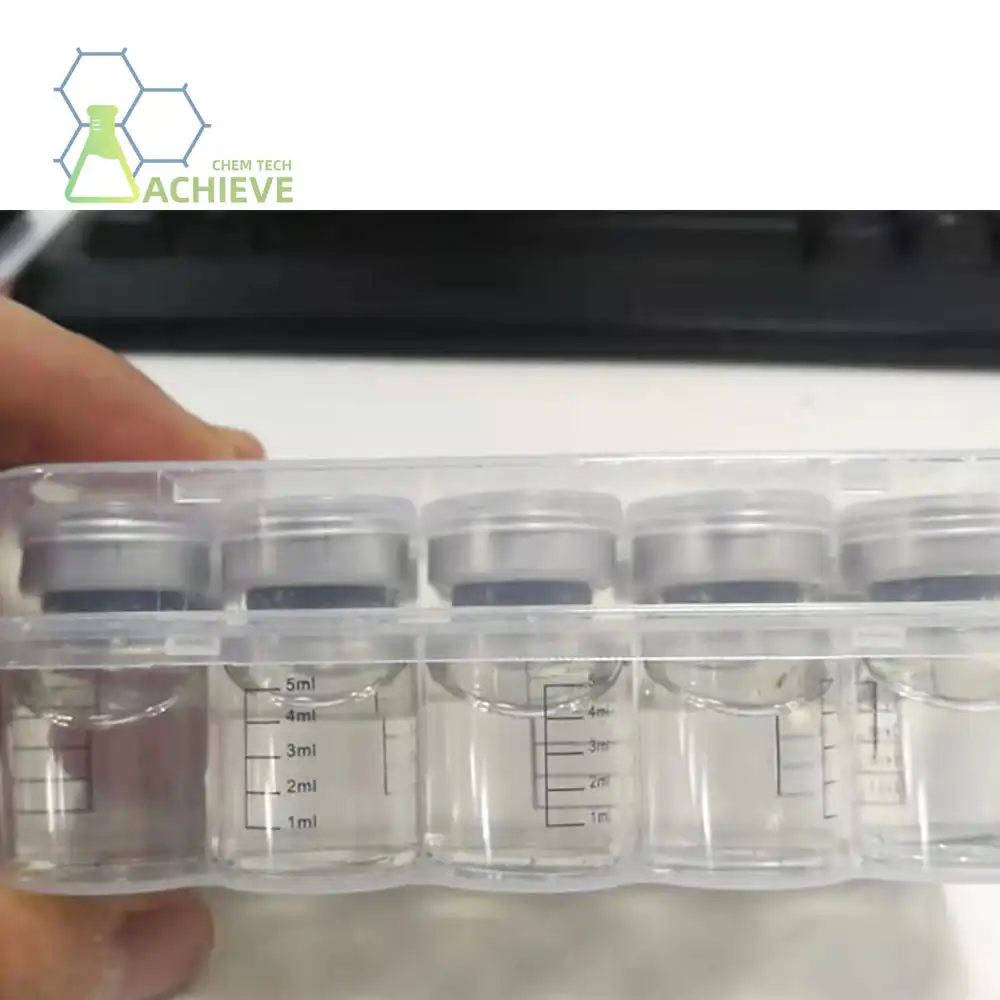
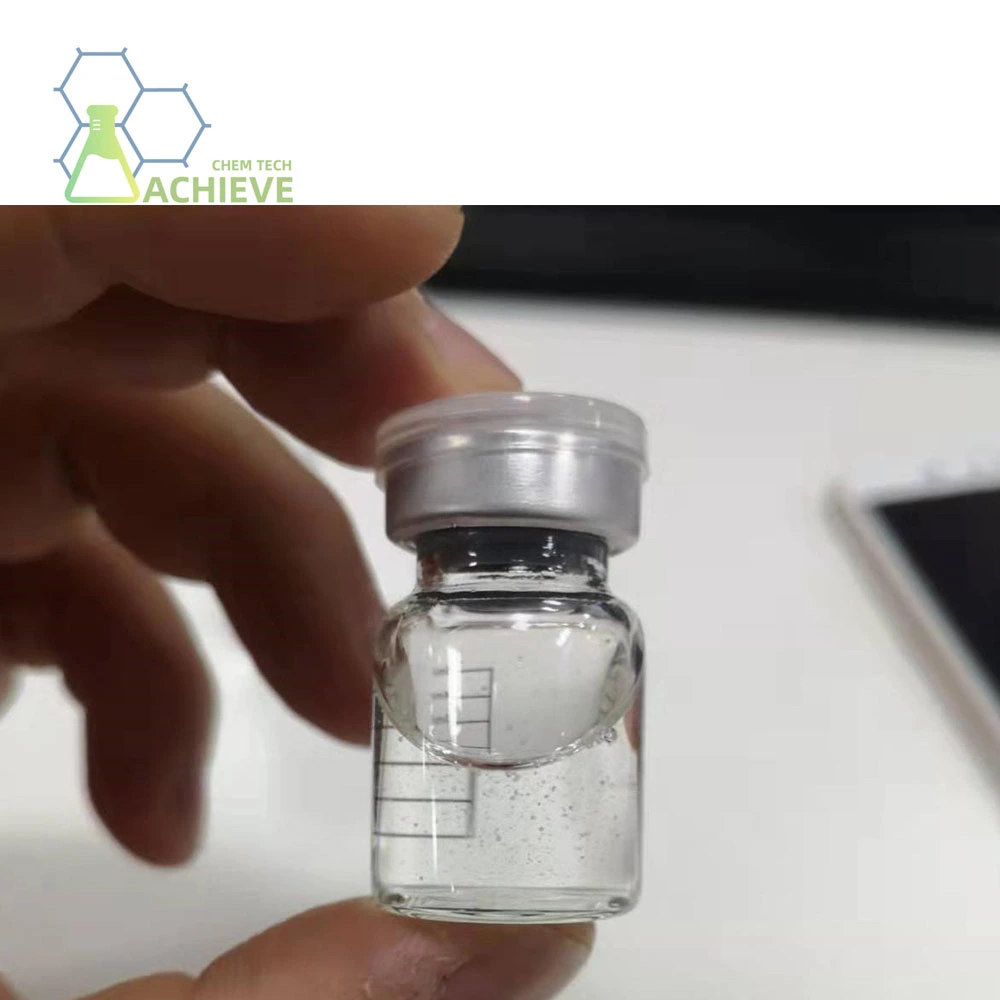
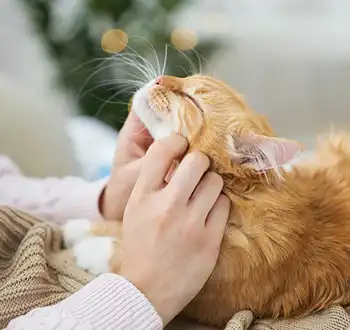

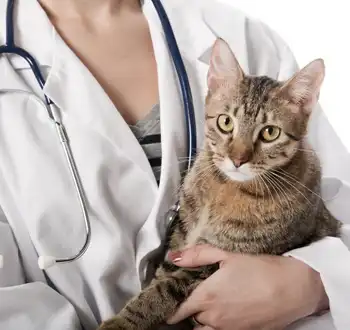



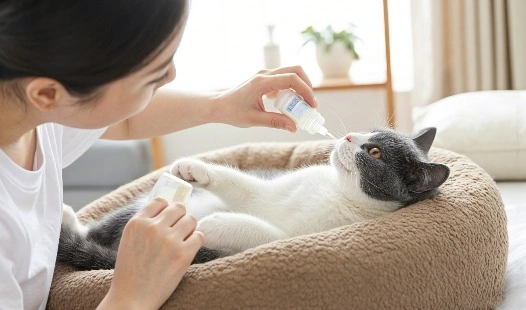
_副本_1758250226382.webp)
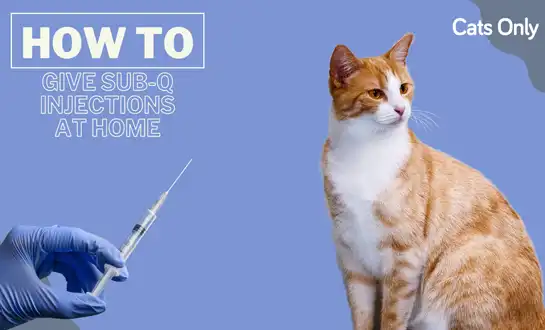
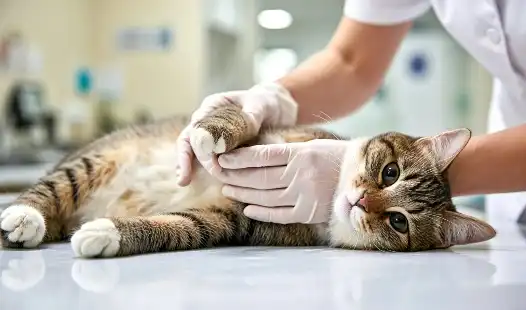
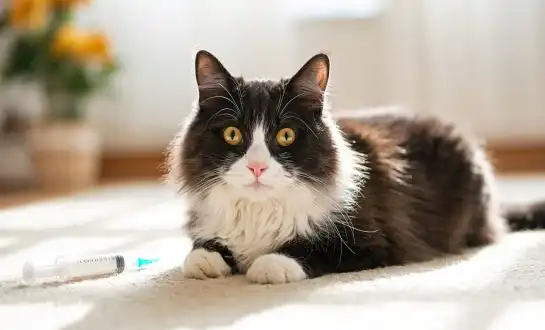
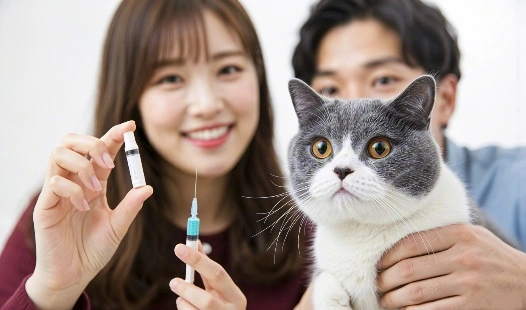
_副本_1758506507767.webp)


